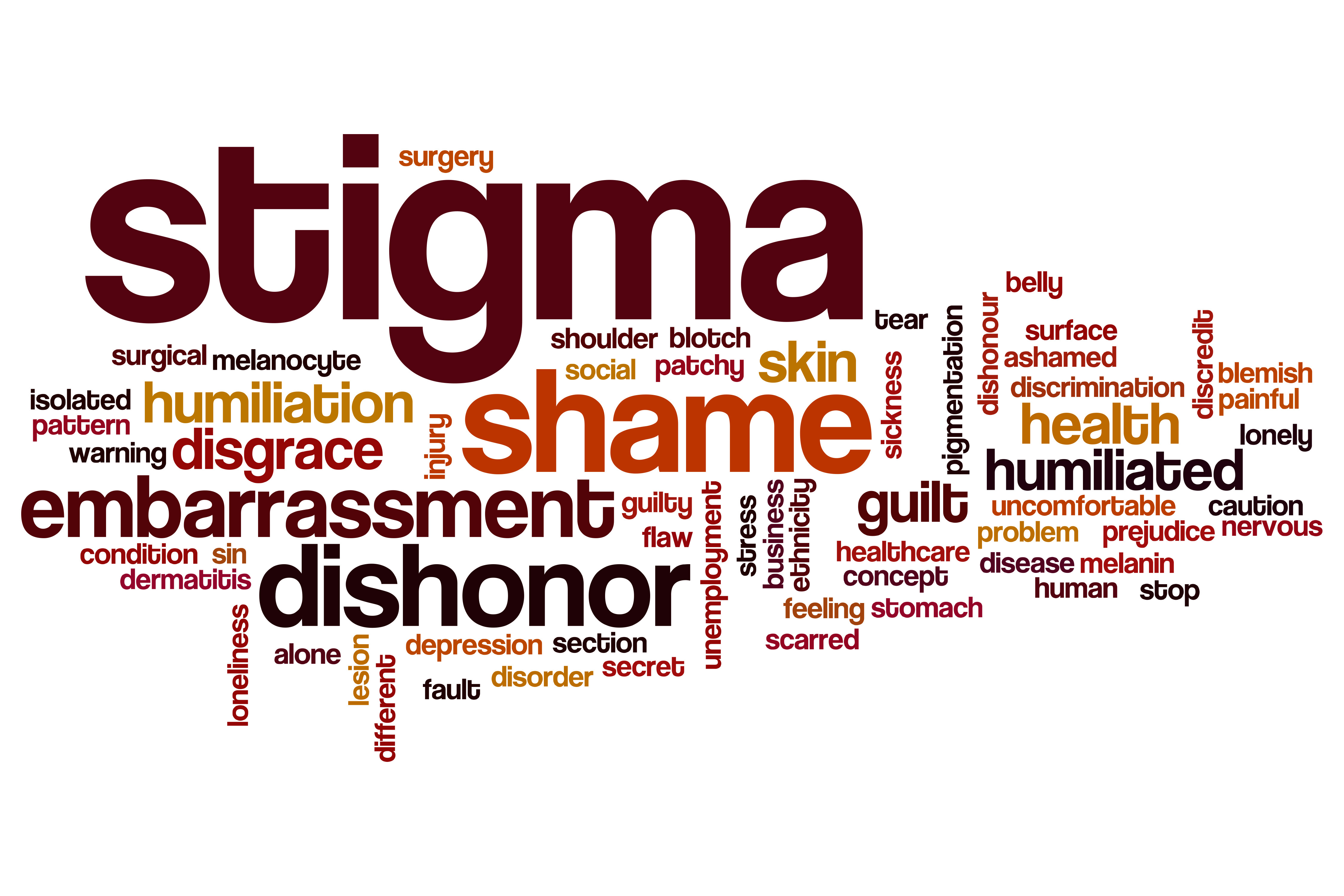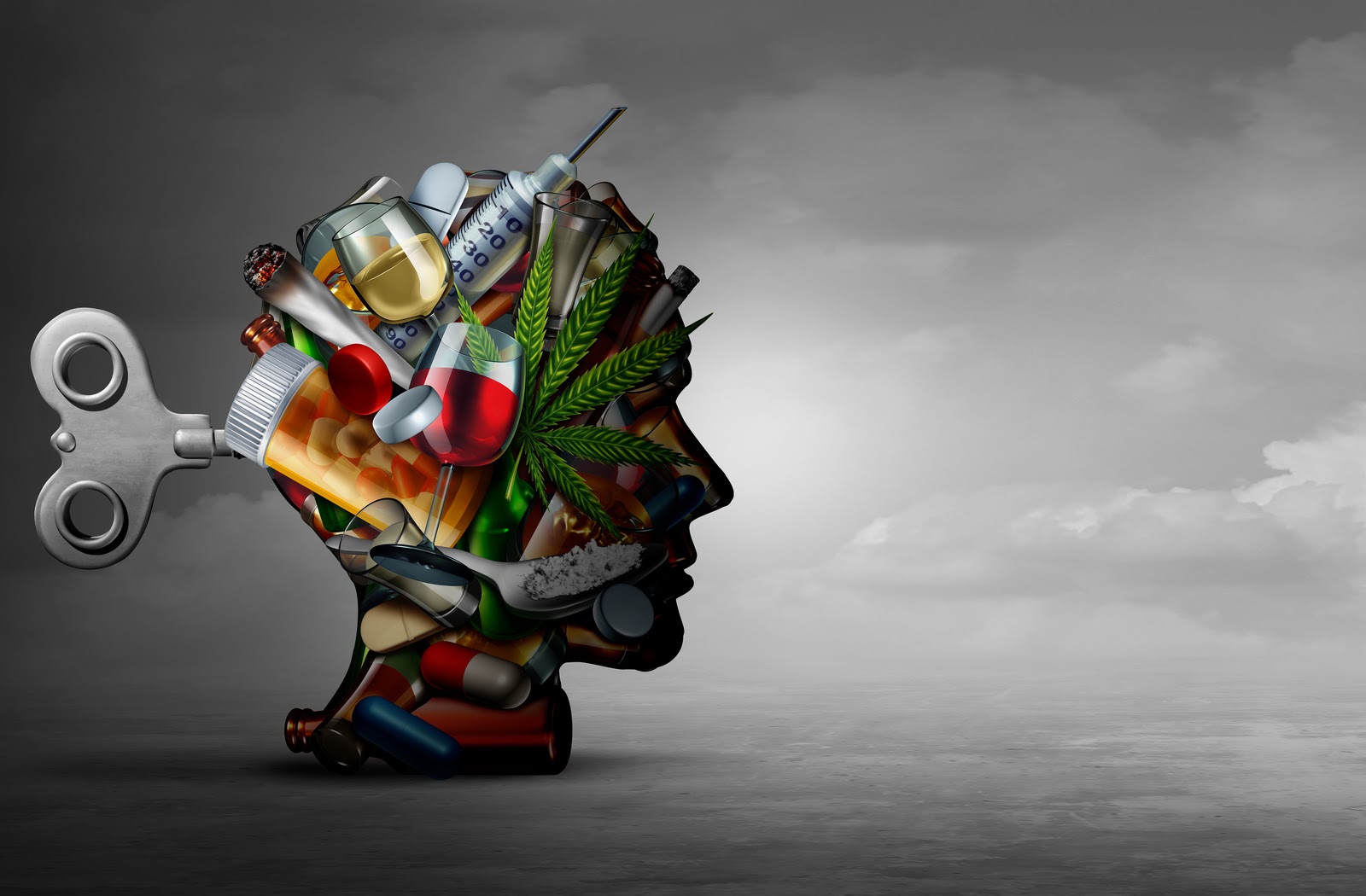From Shame to Hope: Breaking Down the Barriers of
Addiction Stigma
Addiction is a disease that affects millions of people
worldwide. Yet, despite its prevalence, addiction is often shrouded in stigma
and misconception. This stigma – both from society at large and from within the
minds of those struggling with addiction – can be a major barrier to seeking
help and finding recovery.
People with addiction often fear being judged, labeled,
and ostracized. They may hesitate to seek treatment due to concerns about how
others will perceive them. The media often perpetuates negative stereotypes,
portraying individuals with addiction as morally flawed or dangerous. Even the
language we use to describe addiction can contribute to stigma, with terms like
"junkie" or "addict" dehumanizing those struggling with the
disease.
This stigma can lead to a dangerous cycle of self-blame
and shame. Individuals with addiction may feel like they are to blame for their
condition, that they are flawed or weak. This self-stigma can make the disease
even harder to overcome, as people may feel unworthy of recovery or hesitant to
seek the help they need.
A Shift in Perspective
Fortunately, attitudes towards addiction are beginning to
shift. There is a growing recognition that addiction is a complex disease,
influenced by a combination of genetic, environmental, and social factors. This
understanding is helping to reduce stigma and promote more compassionate
treatment approaches.
Historically, addiction treatment has often focused on
punitive measures, with an emphasis on detoxification and abstinence. However,
this approach has had limited success, and it has often served to further
stigmatize those with addiction. In recent years, there has been a move towards
more holistic, person-centered models of care. These approaches focus on
addressing the underlying issues that contribute to addiction, such as trauma,
mental health conditions, and social isolation.
There is also a growing emphasis on harm reduction
strategies, which aim to minimize the risks associated with drug use for those
who are not yet ready or able to stop using completely. These strategies, which
include things like needle exchange programs and safe injection sites, have
been shown to be highly effective in reducing the transmission of diseases like
HIV and hepatitis, as well as reducing overdose risk.
Changing the Narrative
Ending stigma will require a fundamental shift in how we
talk about and understand addiction. This means moving away from language that
blames and shames, and towards language that emphasizes compassion, respect,
and the potential for recovery. It means recognizing that addiction is a
disease, not a moral failing, and that those affected deserve the same empathy
and care as anyone else struggling with a health condition.
It also means amplifying the voices of those who have
lived through addiction, allowing them to share their stories and challenge
stereotypes. Through this storytelling, we can humanize the face of addiction
and help others see that the disease can affect anyone, regardless of their
background or circumstances.
A Message of Hope
If you are struggling with addiction, please know that
there is hope. Recovery is possible, and there is help available. Don't let
fear of judgment or stigma hold you back from seeking the support you need.
Reach out to a trusted healthcare provider, a addiction treatment center, or a
support group for guidance and connection.
Remember, you are not alone in this journey. There are
countless others who have walked this path before you and have found a way out
of the darkness and into the light. You have the strength within you to do the
same. Don't give up, even in the face of challenges. Keep moving forward, one
step at a time, and know that a life of peace, purpose, and fulfillment is
within your reach.
Let's Break Down the Barriers Together
We all have a role to play in ending addiction stigma. By
educating ourselves, speaking out against stigma, and offering compassion to
those affected, we can help create a world where everyone has access to the
care and support they need to heal and thrive.
Let's break down the walls of stigma and shame, and build
a bridge to hope and recovery. Let's show those struggling with addiction that
they are seen, they are heard, and they are worthy of a life free from the grip
of this disease.
Together, we can make a difference. Together, we can help
those affected by addiction find the strength, the support, and the hope they
need to overcome. Let's rise up, let's speak out, and let's shine a light on
the path to recovery. Because with compassion, with understanding, and with
unwavering support, we can overcome the stigma of addiction and build a world
where everyone has the chance to heal and thrive.-Belle-











No comments:
Post a Comment